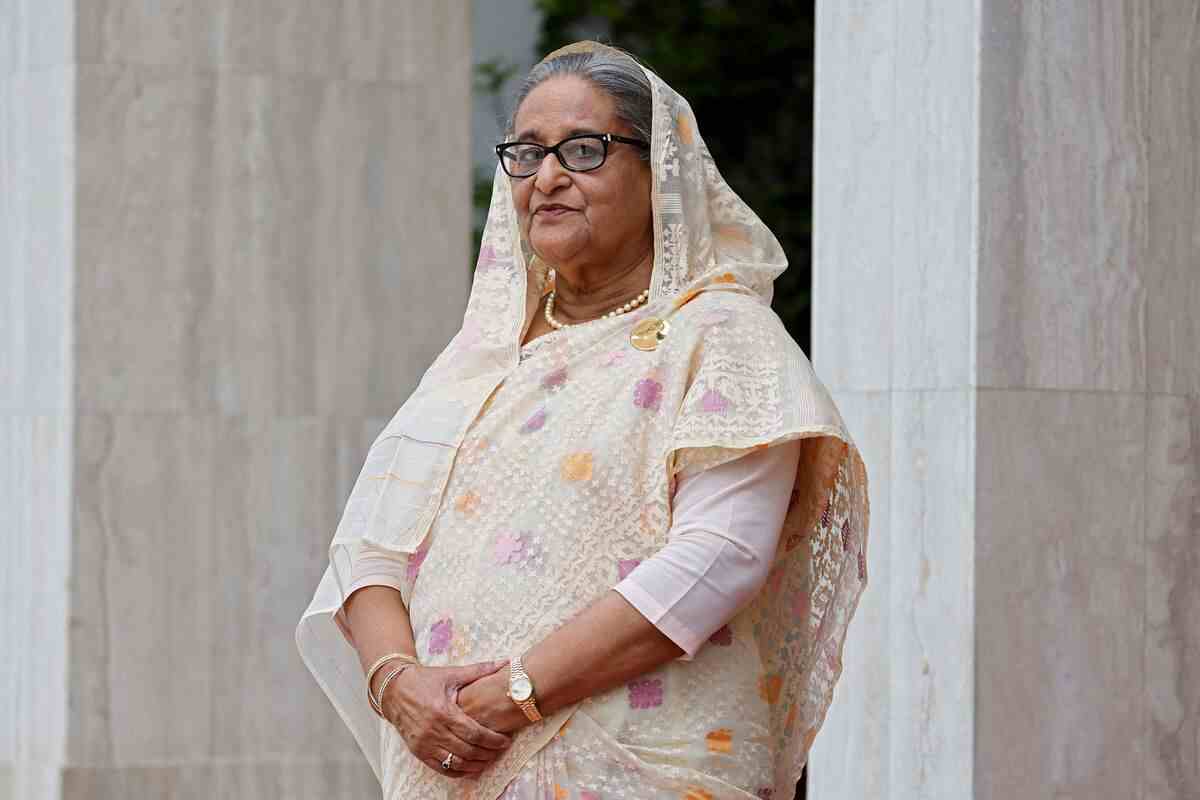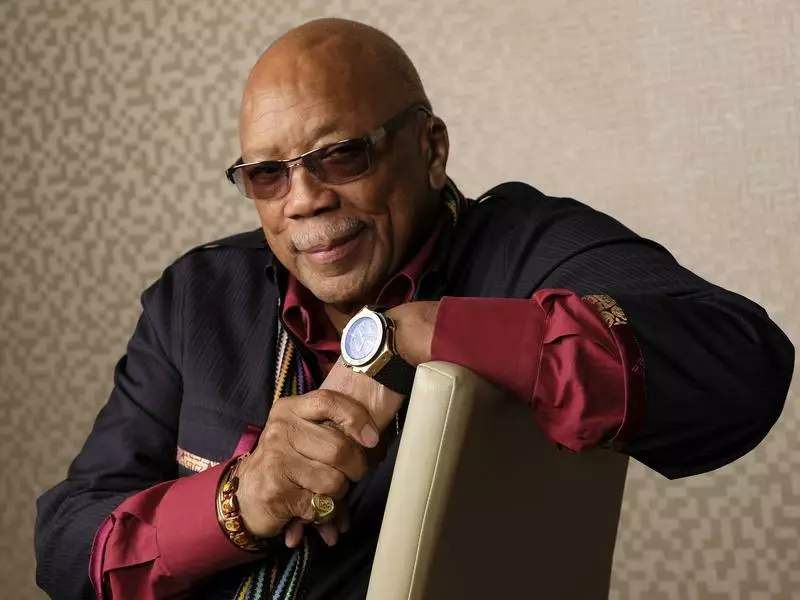Bangladesh's Historic Protests Have Ended Sheikh Hasina's 15-Year Reign: Here Is How!
Aug 5, 2024 / GMT+6
In a dramatic turn of events, Bangladesh’s Prime Minister Sheikh Hasina has stepped down after 15 years in power. This follows weeks of intense protests by young Bangladeshis, marking a significant shift in the country’s political scene.
More topics for you...This topic continues below.
China reports record $1.2 trillion trade surplus for 2025, defying Trump's tariffs.
At 76, Ms. Hasina had led Bangladesh firmly since 2009. Her resignation seemed unlikely just a month ago. However, recent unrest has changed everything. Protests initially started over job quota changes but quickly grew into a widespread anti-government movement.
Source: The protests, initially led by students, have grown into a broader movement. [Getty Images]
The situation escalated on Sunday when clashes between protesters and police became deadly. Nearly 300 people have died in the violence, with at least 90 fatalities on Sunday alone, including 13 police officers. This made it the deadliest day of protests in recent Bangladeshi history. Critics described the violence as "carnage," while Ms. Hasina stayed firm. Yet, tens of thousands defied a nationwide curfew and took to the streets, marching toward the capital, Dhaka.
The intensity of the protests marked a shift from political dissatisfaction to a large-scale uprising. It became clear that the government could no longer control the situation.
The military, which has a significant influence in Bangladesh, also played a role. The army's historical role in politics and its respect among the people meant its stance was crucial. Junior officers had raised concerns about being ordered to fire on civilians, which increased pressure on Ms. Hasina to step down.
As the situation worsened, General Waker-Uz-Zaman of the military began talks with various groups, including opposition parties and civil society, to seek a temporary solution. Meanwhile, Ms. Hasina has fled to India, where she has received support in the past. India’s involvement had been a key factor during her time in office, especially in terms of regional security and transit rights.
The relationship between Bangladesh and India has been complicated. While Ms. Hasina supported Indian interests, such as granting transit rights and cracking down on anti-India militant groups, her popularity in Bangladesh had declined.
As her support weakened, anti-India sentiment grew within Bangladesh. India faced a dilemma: supporting an unpopular ally risked straining its long-term relationship with Bangladesh. With Ms. Hasina’s resignation, this issue has been resolved.
Sheikh Hasina, the daughter of Bangladesh's founding president, has had a long and controversial career. After the assassination of her family in 1975, she lived in exile before returning to Bangladesh in 1981. She led a popular movement for democracy, becoming a national hero. She first became Prime Minister in 1996, lost to rival Begum Khaleda Zia in 2001, and then regained power in 2009 under a caretaker government.
Her time in office was marked by accusations of forced disappearances, extrajudicial killings, and suppression of opposition voices. Despite denying these charges and blaming political opponents for the unrest, the recent protests have proven to be her biggest challenge yet.
Ms. Hasina's resignation marks the end of a significant era in Bangladeshi politics, leaving the country to navigate a new chapter.







